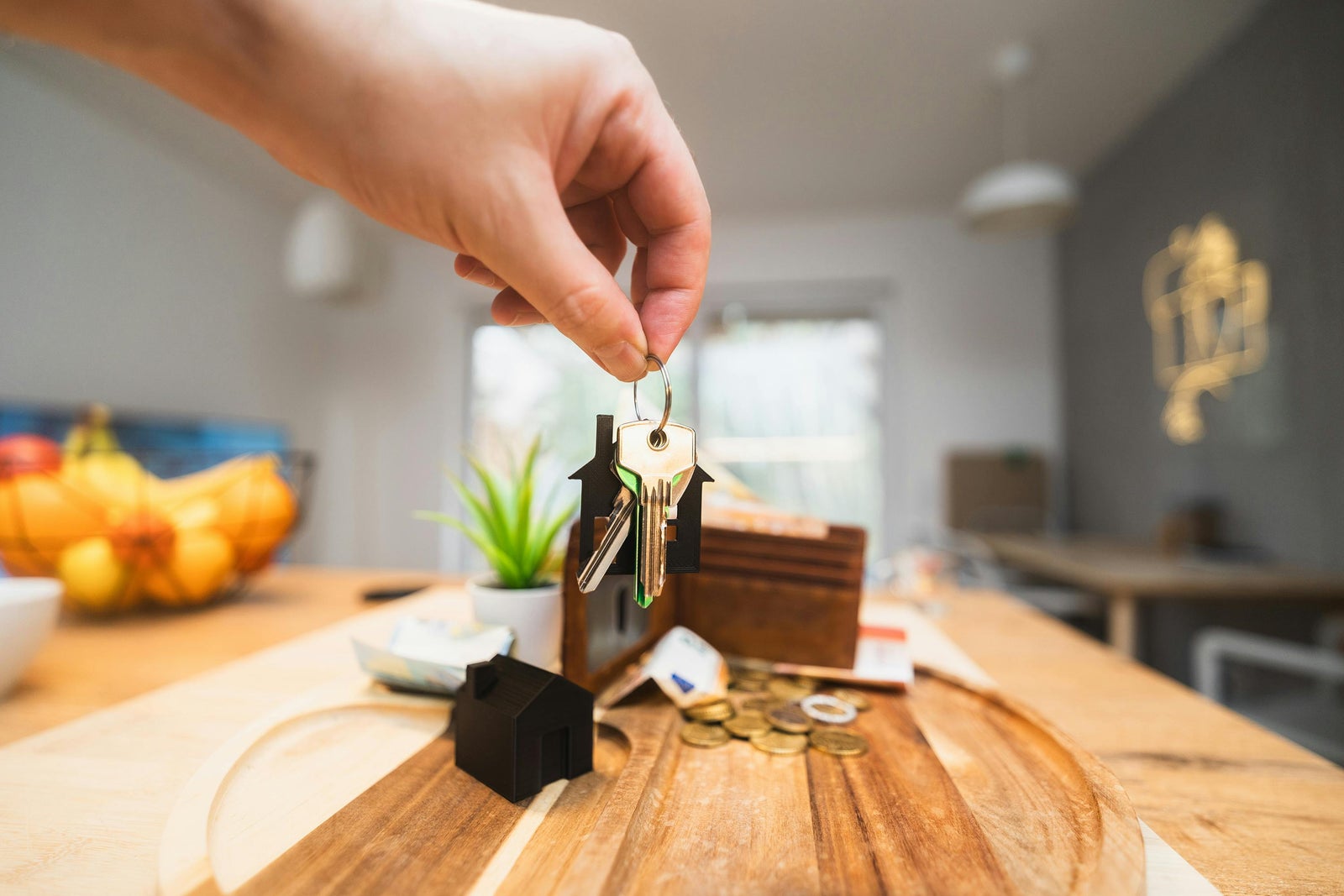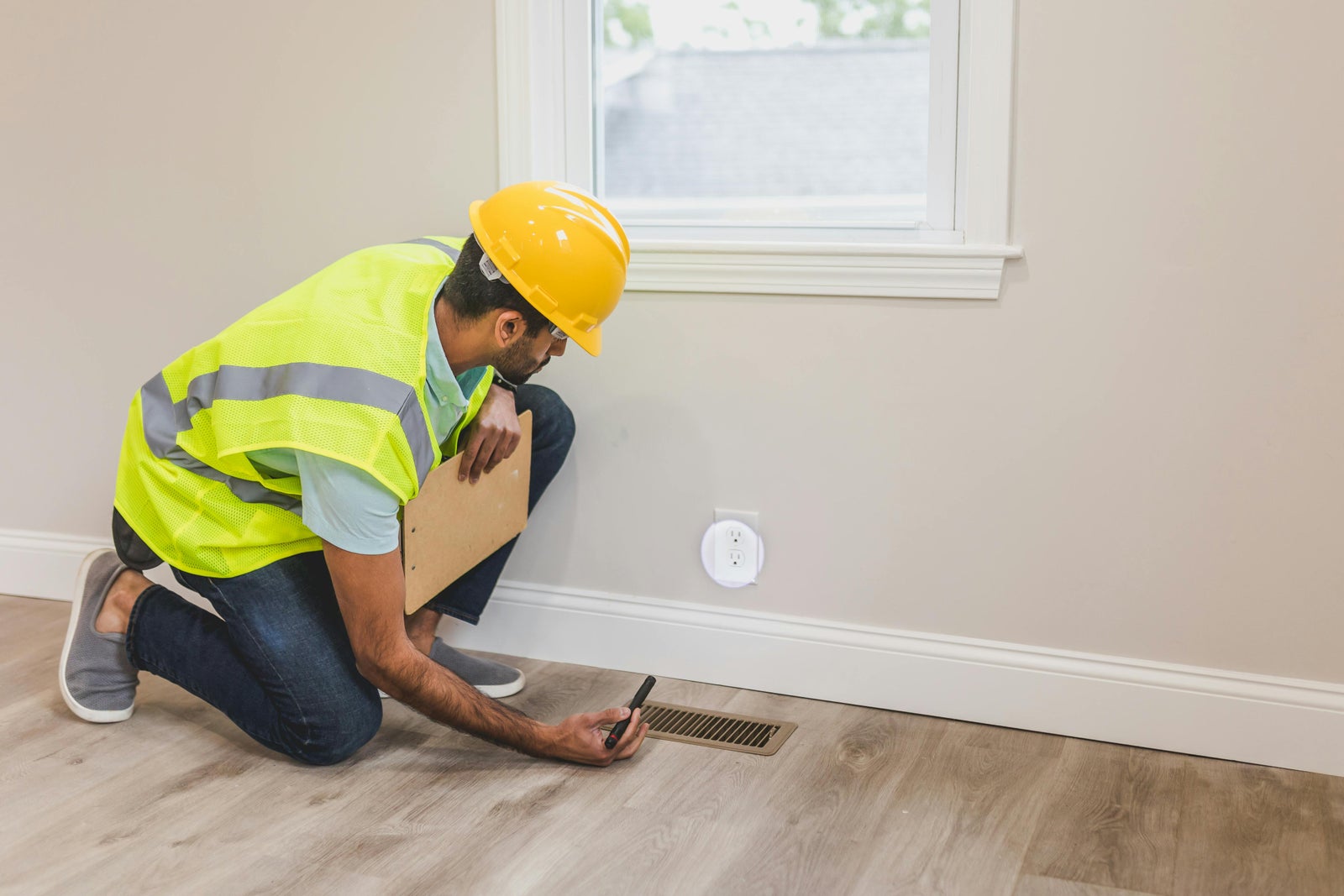
Your home is a haven and the centre of your life, but it’s also likely your biggest financial asset, making it an important part of your long-term financial security and wealth.
Building your home equity can put you on the fast track for future goals and create more financial opportunities. So, what is home equity and how can you build it faster?
What is Home Equity
Home equity is the amount of your home you actually own. Your home equity is the difference of the current market value of your home and the outstanding mortgage. For example, if your home is worth $500,000 and you owe $100,000 on your mortgage, then your home equity is $400,000.Home equity can increase in a few ways. The first is by paying off your mortgage, which will lower your loan balance and increase how much of the home you own. The second way is determined by the market value of your home, which can rise due to market conditions or home improvements.
Why is Home Equity Important
Building more equity in your home can benefit you in many ways:- Increase your net worth: Your home is likely your largest financial asset—the more of it you own, the more your net worth increases.
- Borrowing Power: You can leverage your home’s equity for loans, such as a home equity line of credit (HELOC) or a cash-out refinance.
- Higher selling profits: A higher equity in your home means more money in your pocket when you decide to sell.

How to Build More Home Equity
Obviously, you don’t have control over some of the ways your home equity will increase, such as its market value rising or falling. But there are things under your control that you can do in order to increase the equity you have in your home.Make Larger Mortgage Payments
Making larger payments will reduce your loan’s principal balance more quickly and directly give you more equity in your home. Even if you increase your payments by a small amount, it will compound over time and speed up the process of paying off your mortgage.You can also choose to make biweekly payments instead of monthly payments, which results in a full extra payment a year.
Refinance for a Shorter Loan Term
Refinancing your loan term to a shorter one typically increases the amount you have to pay monthly, but it can save you tens of thousands in interest over the life of the loan. You can also look into refinancing at a lower interest rate while keeping your current loan term.Make Home Improvements
When it comes time to sell your home, buyers are going to be looking for modern features and upgrades. While it’s not necessary that you completely gut your home, making home improvements over time will increase the value of your home, thus increasing your home equity.
Not all home improvements will net you more in the long run! Focus on renovating areas that will help you get a better return on your investment, such as the kitchen and bathrooms.
Check out our article on the Best Renovations to Add Home Value.

Maintain Your Home
Finally, the last thing you can do to increase your home’s value is to maintain it well while you own it. Keeping on top of things that need to be replaced in your home will not only increase its value in the future, but it's also likely to help you avoid bigger issues that will cost you more money.Keep on top of routine maintenance tasks that keep your home in good shape such as:
- HVAC services
- Roof inspections and repairs
- Plumbing and electrical services
- Exterior and interior upkeep
- Pest control
